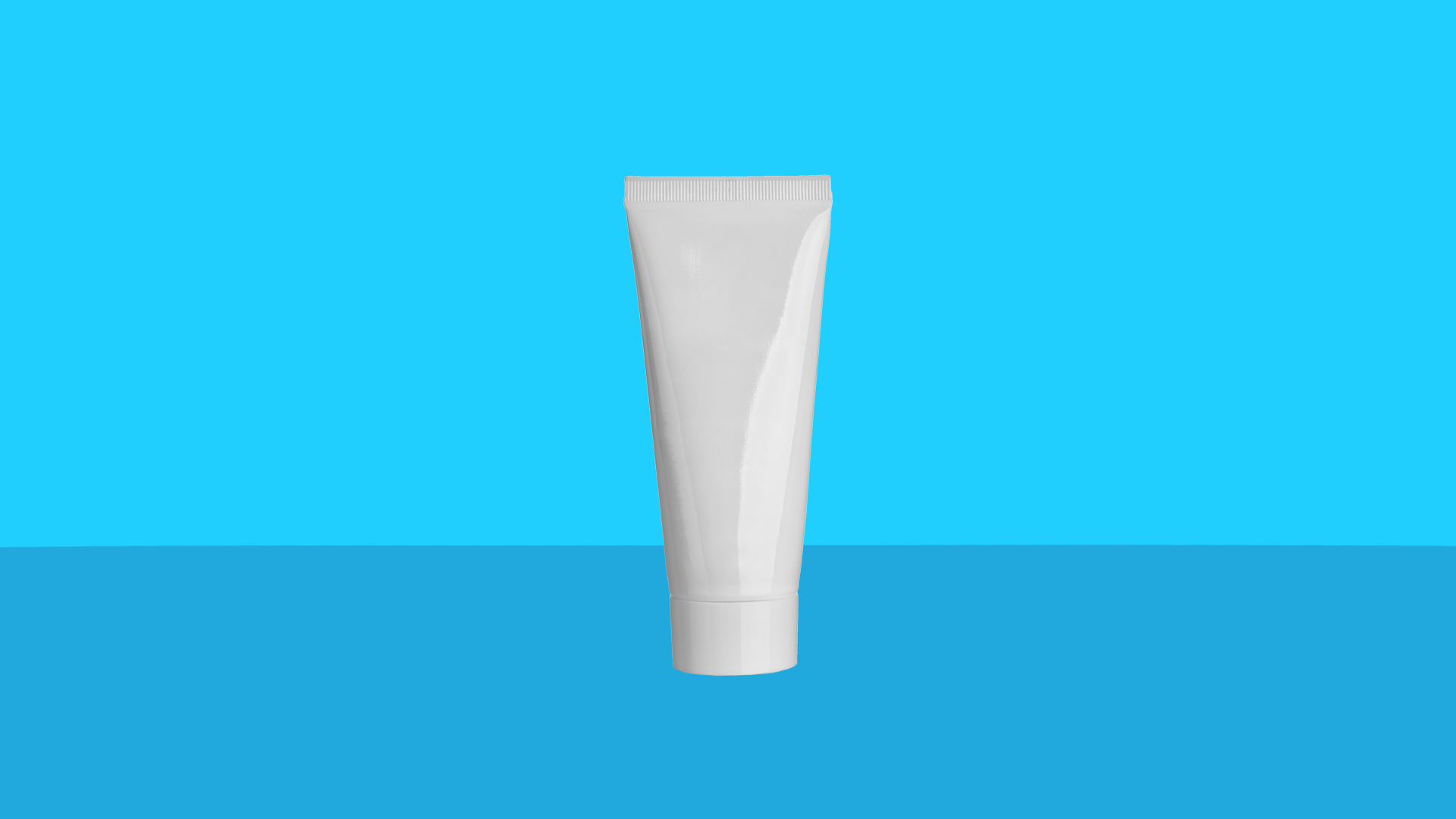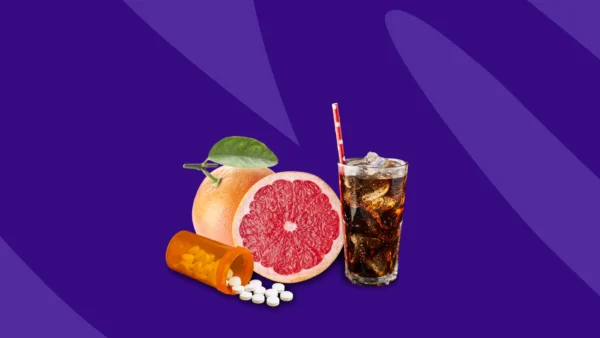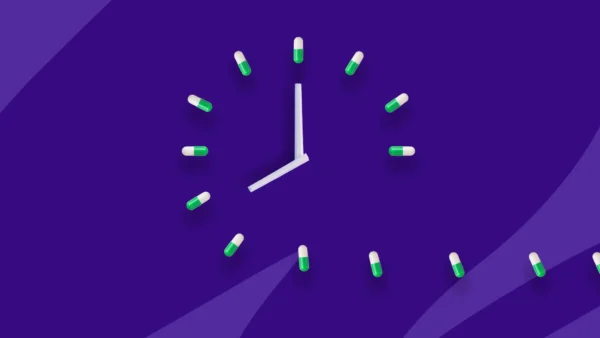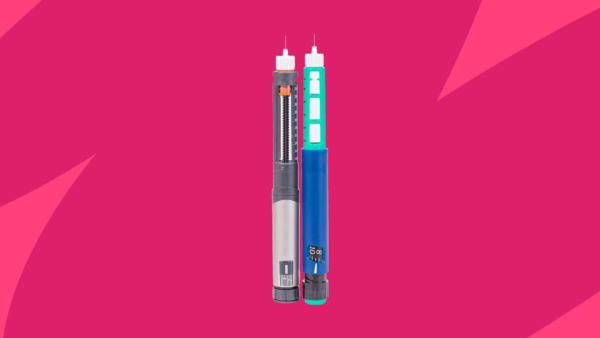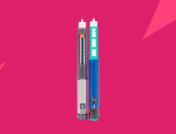Compare tretinoin alternatives | Differin | Tazorac | Aklief | Epiduo | Arazlo | Natural alternatives | How to switch meds
If you are one of the millions of Americans that have suffered from acne vulgaris (acne) at some point in your life, you are well aware of the multitude of products available for its management. With 80% of the American population experiencing acne breakouts at one period of time, many topical prescriptions and over-the-counter options are present, as well as prescription oral medications. One of those prescription topical acne agents that can be given is generic tretinoin. Brand names for this medication also include Altreno, Atralin, Avita, Retin-A, Retin-A Micro, and Trentin-X.
Tretinoin topical helps with many skin conditions as it allows the skin to make new skin cells (retinoid) working as a form of a Vitamin A derivative. Typically your dermatologist will try other acne products prior to recommending retinoid-like tretinoin. These medications are usually salicylic acid, benzoyl peroxide, antibiotics, or sulfur derivatives. Additionally, your dermatologist may recommend an over-the-counter retinoid such as retinol before offering a stronger prescription such as tretinoin. Pediatric patients as young as 10 years old may use this topical retinol preparation as long as it is the 0.05% gel. Although quite effective in the skin, there are some adverse effects associated with its applications. Some side effects include pain at the application site as well as skin irritation, including burning, stinging, tingling, itching, redness, and blistering. A good skin moisturizer may help with some of the skin irritation and peeling associated with its use.
Tretinoin is also available in an oral capsule formulation which is used for the management of acute promyelocytic leukemia. When prescribed topically, it is used for the management of acne vulgaris and other anti-aging purposes such as reducing fine lines and wrinkles on the face, improving dark spots, and improving rough skin or overall skin tone. Other less common skin conditions such as psoriasis may be considered with this medication as well. For optimal results, while using topical retinoids, it is recommended that sunscreen be used with a minimum of SPF 15.
What can I take in place of tretinoin?
Although tretinoin may be successful for managing multiple skin conditions, sometimes the medication may not work for everyone, or there may be some unwanted side effects associated with its use. Luckily, there are many alternative medications available that your dermatologist or healthcare professional may offer if you feel tretinoin topical just may not be a good fit for you.
Compare tretinoin alternatives |
|||
|---|---|---|---|
| Drug name | Uses | Dosage | Savings options |
| Tretinoin topical (Altreno, Atralin, Avita, Retin-A, Retin-A Micro, Tretin-X) | Management of acne vulgaris, fine facial wrinkles, mottled facial discoloration (pigmentation), and tactile facial roughness | Cream: 0.025%, 0.05%, 0.1%;
GEL: 0.01%, 0.025%, 0.04%, 0.05%, 0.1% Apply to affected area at bedtime |
Tretinoin coupons |
| Acanya (clindamycin/ benzoyl peroxide topical) | Management of acne vulgaris | 1%/2.5% gel to be applied to affected area daily | Acanya coupons |
| Aczone (dapsone topical) | Management of acne vulgaris | 5% gel to be applied daily or 7.5% gel to be applied daily | Aczone coupons |
| Aklief (trifarotene topical) | Management of acne vulgaris | 0.005% cream to be applied every evening | More details |
| Amzeeq (minocycline topical) | Management of moderate to severe non-nodular acne vulgaris | 4% foam to be applied daily | More details |
| Arazlo (tazarotene topical) | Management of acne vulgaris | 0.045% lotion to be applied daily | Arazlo coupons |
| Benzamycin (erythromycin/ benzoyl peroxide topical) | Management of acne vulgaris | 3%/5% gel to be applied to affected area daily | Benzamycin coupons |
| Benzoyl peroxide | Management of acne vulgaris | Cream: 5%, 6.5%, 8.5%, 10%
Gel: 2.5%, 4.5%, 5%, 6.5%, 8.5%, 10% Lotion: 5%, 10% Wash: 2.5%, 4%, 4.5%, 5%, 6.5%, 8%, 8.5%, 10% Pad: 4.5%, 6.5% Apply to affected area once or twice a day |
Benzoyl peroxide coupons |
| Cleocin T (clindamycin topical) | Management of acne vulgaris | 1% gel/lotion/solution to be applied to affected area twice a day | Cleocin T coupons |
| Differin (adapalene topical) | Management of acne vulgaris | 0.1% cream/lotion or, 0.3% gel to be applied at bedtime | Differin coupons |
| Epiduo (adapalene topical/benzoyl peroxide topical) | Management of acne vulgaris | 0.1%/2.5% gel to be applied to affected area daily | Epiduo coupons |
| Klaron (sulfacetamide topical) | Management of acne vulgaris | 10% lotion to be applied twice a day | Klaron coupons |
| Plexion (sulfacetamide/sulfur topical) | Management of acne vulgaris, rosacea, and seborrheic dermatitis | 9.8%/4.8% cream, lotion, wash, or pad. Apply cream or lotion once to three times per day; Apply wash or pad once or twice a day | Plexion coupons |
| Tazorac (tazarotene topical) | Management of mild to moderate acne vulgaris and plaque psoriasis | Cream: 0.05%, 0.1%
Gel: 0.05%, 0.1% Apply to affected areas in the evening |
Tazorac coupons |
| Veltin (clindamycin/tretinoin topical) | Management of acne vulgaris | 1%/0.025% gel to be applied to affected area at bedtime | Veltin coupons |
| Winlevi (clascoterone topical) | Management of acne vulgaris | 1% cream to be applied twice a day | Winlevi coupons |
Other alternatives to tretinoin
- Aktipak (erythromycin/benzoyl peroxide topical)
- Avage (tazarotene topical)
- Aveeno Clear Complexion (salicylic acid topical)
- Azelex (azelaic acid topical)
- BenzaClin (clindamycin/ benzoyl peroxide topical)
- Clindagel (clindamycin topical)
- ClindaMax (clindamycin topical)
- Duac (clindamycin/ benzoyl peroxide topical)
- Differin Daily Deep Cleanser (benzoyl peroxide topical)
- Duobrii (halobetasol/tazarotene topical)
- Epiduo Forte (adapalene topical/benzoyl peroxide topical)
- Evoclin (clindamycin topical)
- Fabior (tazarotene topical)
- Finacea (azelaic acid topical)
- MetroCream (metronidazole topical)
- MetroGel (metronidazole topical)
- MetroLotion (metronidazole topical)
- Noritate (metronidazole topical)
- Onexton (clindamycin/ benzoyl peroxide topical)
- Panretin (alitretinoin topical)
- Rosac (sulfacetamide/sulfur topical)
- Rosanil (sulfacetamide/sulfur topical)
- Rosula (sulfacetamide/sulfur topical)
- Sulfacet-R (sulfacetamide/sulfur topical)
- Targretin gel (bexarotene topical)
- Twyneo (tretinoin/benzoyl peroxide topical)
- Ziana (clindamycin/tretinoin topical)
Top 5 tretinoin alternatives
1. Differin
Differin (adapalene topical) is a third-generation retinoid indicated for the management of acne vulgaris. It is also used off-label for the treatment of dark spots and rough skin from actinic keratosis. Available preparations include a gel, cream, or lotion in 0.1% dosage, but only the gel is found in the 0.3% concentrations. Now the medication can be found over-the-counter in the United States. It is known to be the least irritating to the skin allowing it to be applied during the daytime. Differin is known to cause local irritation to the skin, peeling, dryness, and redness with its use.
2. Tazorac
Another third-generation topical retinoid is Tazorac (tazarotene topical). This retinoid is approved for the management of acne vulgaris and is the only one on the market approved for plaque psoriasis. Pediatric patients as young as 12 years old are able to use this topical medication when indicated. It is one of the more potent retinoids available in either a cream or gel in 0.05% or 0.1% concentrations. Local skin irritation, dryness, redness, itching, and worsening of psoriasis have all been linked with the use of Tazorac.
3. Aklief
Aklief (trifarotene topical) is a fourth-generation topical retinoid. It is approved for the management of acne vulgaris on the face and trunk and is only offered as a cream (0.005%). Some side effects from use include local skin irritation and itching of the skin.
4. Epiduo
Combination retinoid therapy is available on the market as well. Epiduo (adapalene topical/benzoyl peroxide topical) includes the third generation retinoid Differin with benzoyl peroxide. This combination therapy is approved for the management of acne vulgaris. It is only available in a gel (0.1%/2.5%). Both medications found in this preparation are known for causing skin irritation and peeling. The combination of both may make these symptoms worse.
5. Arazlo
Arazlo (tazarotene topical) is another third-generation retinoid available for the treatment of acne vulgaris. It can be used in pediatric patients as young as nine years old. It is only available as a 0.045% lotion. Application site redness, pain, dryness, and itching have all been associated with the use of Arazlo.
Natural alternatives to tretinoin
Some natural retinoids are becoming more popular alternatives to prescription retinoids. Some examples include bakuchiol (a botanical extract derived from bakuchi plant seeds), rambutan (a bright red fruit that boosts skin’s natural collagen production), and rosehip (oil from the rosa canina rose bush containing trans-retinoic acid). Other more traditional alternatives found include mango butter, seaweed extract, and sunflower seed oil.
Tea tree oil has been linked as a good alternative to benzoyl peroxide for acne and can be used as a spot treatment. Apple cider vinegar and green tea have antibacterial properties that may be helpful when tackling acne instead of antibiotics. Other topical solutions for acne include witch hazel which has a soothing effect on irritated, inflamed skin. It is believed to dry out acne, acting as an astringent. Aloe vera has salicylic acid and sulfur in its gel which is also a popular acne treatment.
Vitamin supplements for acne include Vitamin A and zinc. Proper hydration and having a well-balanced diet, preferably a low glycemic diet, which focuses on foods high in lycopene (tomatoes and red fruits), are also helpful tips for skin renewal. A good skincare routine with skincare products that are the right fit for your skin type is just as important, along with choosing oil-free creams. Lastly, reducing any stress in your life and remaining active with exercise and yoga are also linked to having healthy skin.
How to switch to a tretinoin alternative
Topical tretinoin can be discontinued at any time with no negative impact. The effects of using the medication may reverse themselves over time, such as acne or fine lines returning. If you are switching to a different medication that can potentially cause peeling, you will want to monitor things closely, as sometimes the combination of a retinoid and other skin products may cause excessive peeling and skin irritation. Whether you decide to continue your tretinoin or switch to one of its alternatives, SingleCare coupons may help lower the cost at participating pharmacies.



